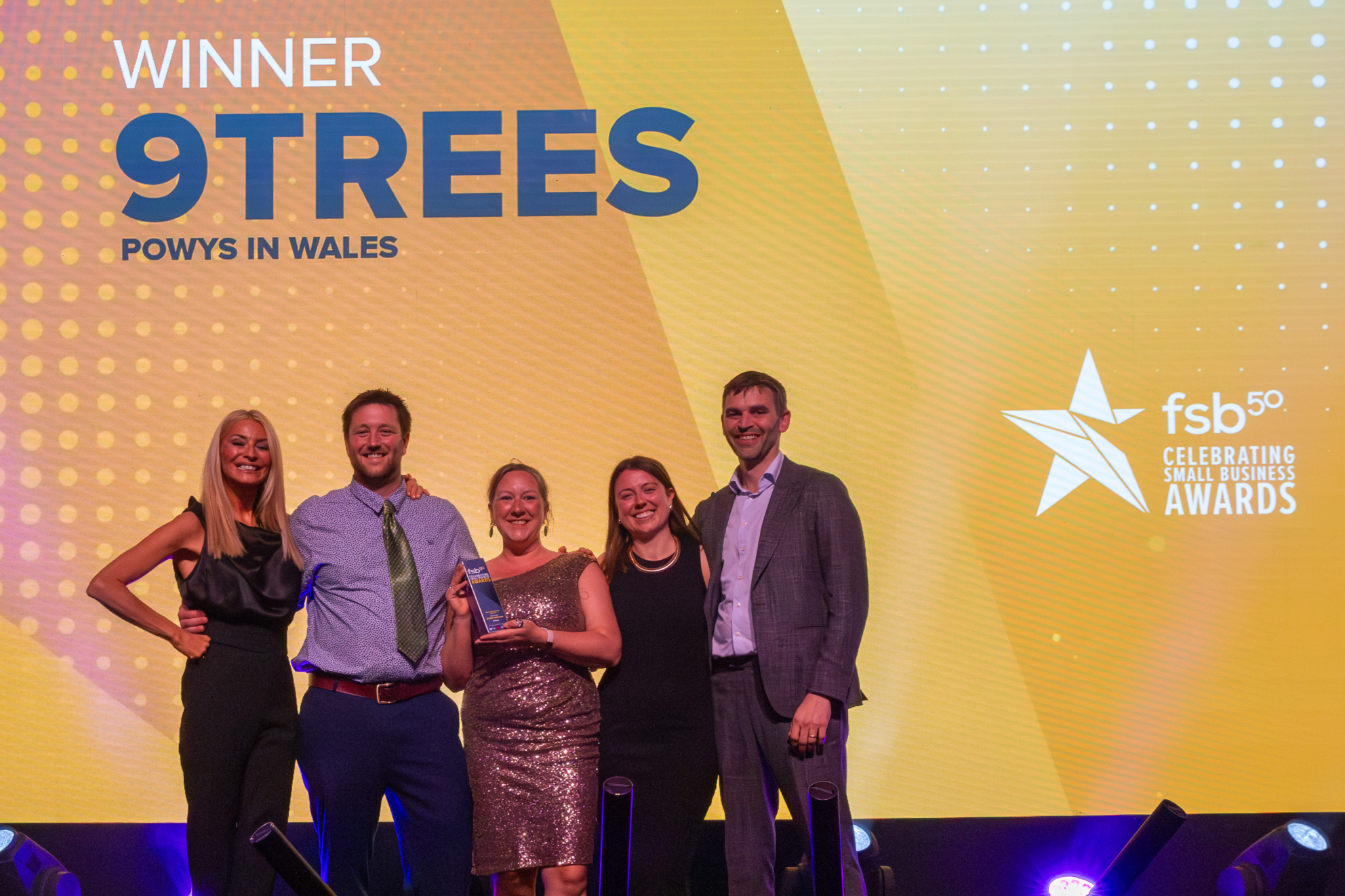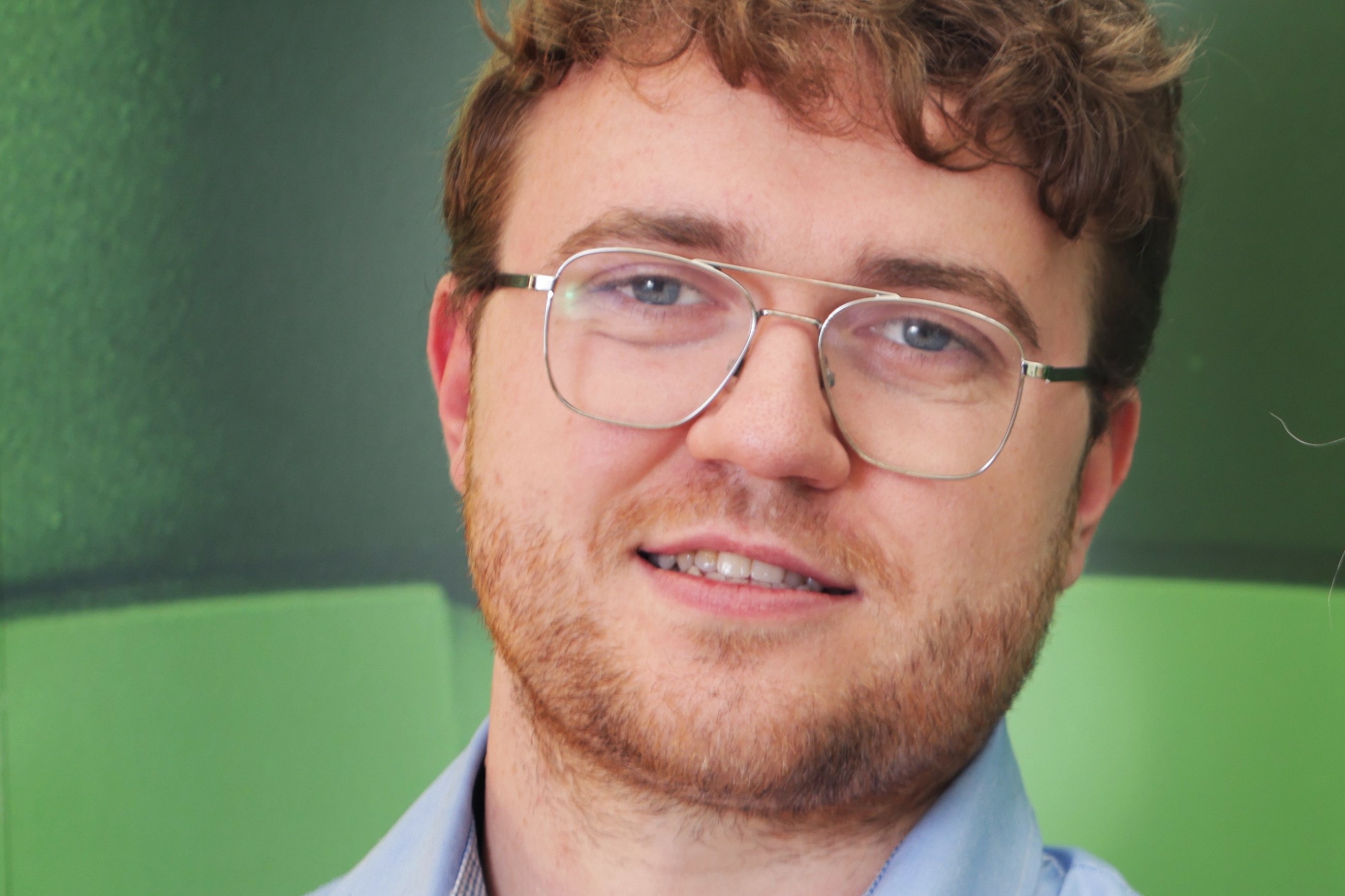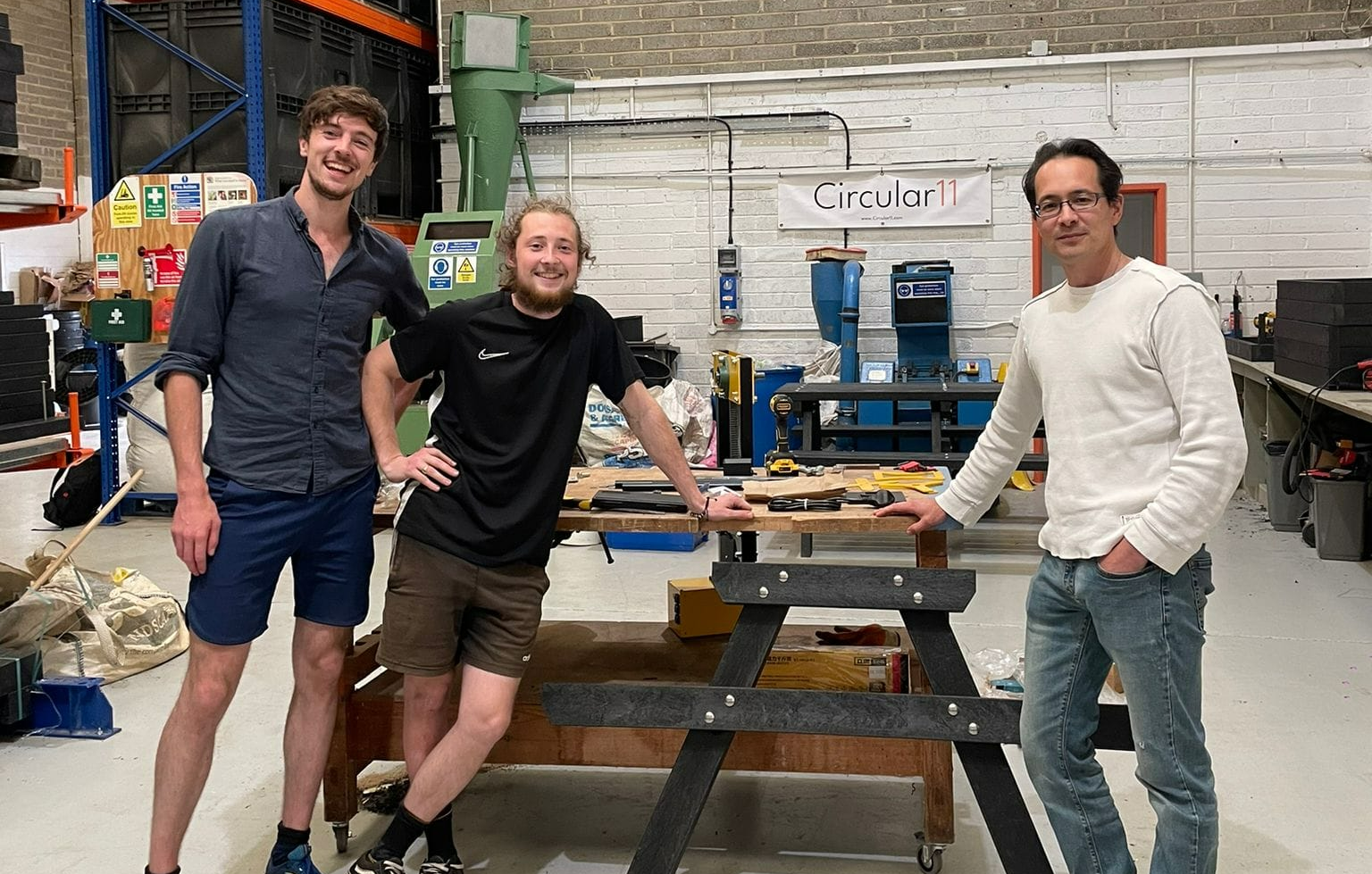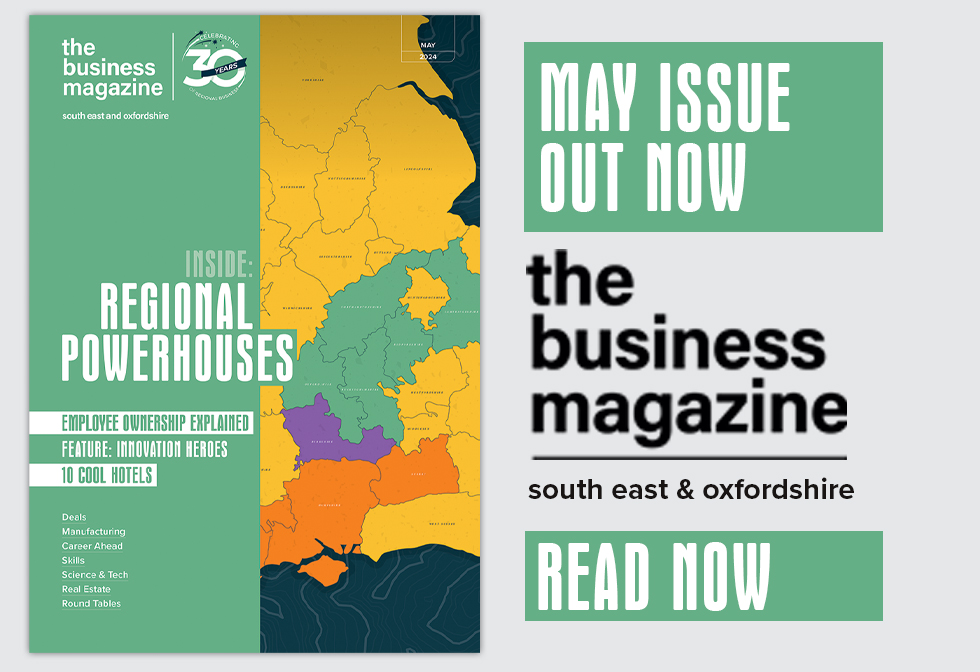Sustainable future a "huge opportunity" for Thames Valley businesses, says Chamber of Commerce

Thames Valley business leaders have told how the need and demand for sustainable innovation is creating opportunities in the region.
Leaders from Tokamak Energy, Reaction Engines, Eden Research, and Labcycle addressed delegates at the Thames Valley Chamber of Commerce International Green Technology Conference at Microsoft's UK HQ in Reading.
Opening the conference – which attracted over 150 delegates – Shevaun Haviland, director general of the British Chambers of Commerce, said the drive towards sustainability was a "huge opportunity" for Thames Valley businesses.

Sean Smith, CEO of Oxford-based Eden Research, explained how his company was creating biopesticides that could keep Britain and the world farming as chemical pesticides are phased out.
He explained how as pollinator-killing fungicides and pesticides are banned, farmers demand sustainable alternatives. Eden Research produces solutions that leverage a plant's own natural defences to pests and disease.
Read more: Tokamak Energy’s breakthrough fusion magnets set for extreme power plant test in US
"Public pressure is driving government regulation, which in turn is driving innovation," he said. "An entire industry has been stimulated to find creative solutions."
Minal Patel, COO of University of Surrey-backed Labcycle explained how her firm was creating a circular economy of plastic waste is laboratory settings. Labs, she explained, create a huge amount of plastic waste that is difficult to recycle, and is often burned or shipped to landfill in poorer countries.
"And post-Covid the amount of plastic waste in the system is even greater," she said.
Labcycle offers a recycling service to decontaminate and recycle lab waste into new, lab-quality material. The company is expanding its services to NHS providers, which would have huge implications for health service plastic waste.
Dr David Kingham (left), executive vice chairman of Tokamak Energy, is building a commercial fusion power plant, which the company is confident will generate enough electricity to power 50,000 homes in the 2030s.

Fusion power is the holy grail of the nuclear industry, and Dr Kingham said the Thames Valley could be a world-leader in the innovation. Once successfully developed, these power plants will provide a clean and safe alternative to fossil fuels, and will be deployable across the world.
Read more: Eden Research targets Kiwi wine producers after receiving regulatory sign-off
"It is a challenge well worth tackling," he said.
Oxford-based Reaction Engines, said head of sustainability Carrie Lambert, "has a key role to play in the journey to net zero."
The company is combining space rocket propulsion technology with jet engine technology to produce a system that will power planes and boats using hydrogen rather than fossil fuels.
Its engineers are also finding ways to use the heat generated by the propulsion units for other applications, both in the air and on the ground.












